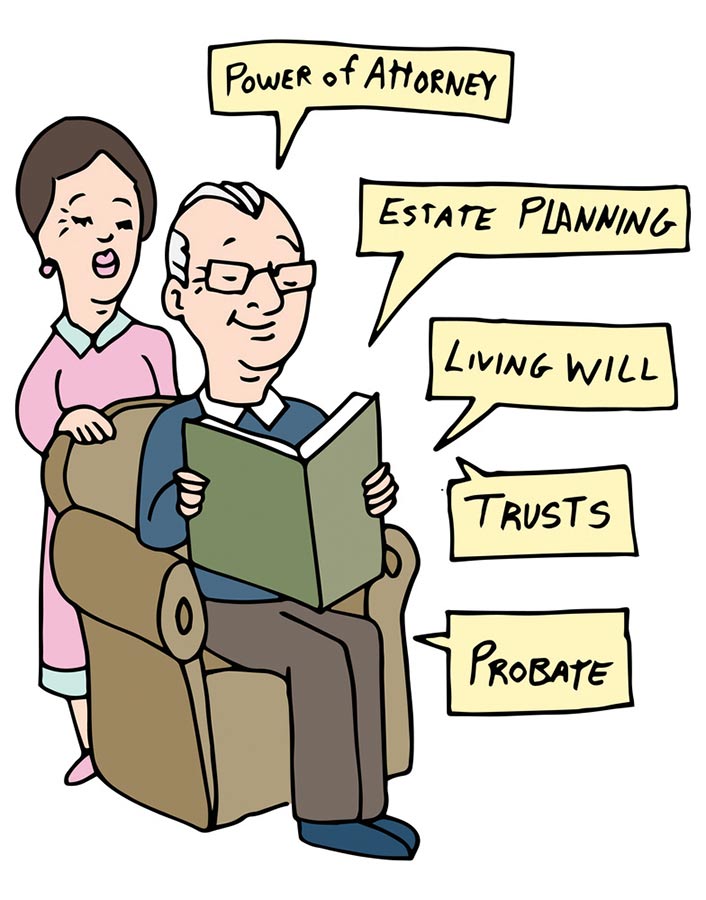Trusts are a good estate-planning tool. I often say they are an excellent option when a family needs flexibility, such as after a second marriage results in a blended family or when there is a special-needs family member. Trusts provide the ability to control assets from the grave. They can terminate upon the happening of a specific event or provide support for the life of the beneficiary, then specify what happens to the remainder of the assets.

Trusts can allow a person to protect assets and set certain standards for distribution. Some people, however, have asked me about forming a trust or putting someone else’s names on assets to eliminate the need for probating a will after their death. Here is why that is not always the best idea:
1. Your goal should be to provide a plan for the transfer and management of your assets and real property that makes the most sense for you and your family.
Just listing a family member’s name on an account or real property may eliminate the need for probate, but it may not achieve the goal of protecting the assets.
For instance, if you have a situation where one family member may have a special need, an addiction or just does not make the best decisions, the goal of preventing probate may just lead to handing the care of the assets to an inappropriate party. I have numerous stories of children who pledged to take care of the assets only to dwindle them prematurely, often even before the parent’s death. So, I always caution about just putting a child’s name on an account or real property. Recognize that you are relinquishing some control over that asset when you put someone else’s name on it.
2. Having a written legal plan, whether it be a trust or last will and testament, can eliminate confusion, last-minute crisis and family feuds.
No one wants to plunge his or her family into a crisis or chaos because of a life-changing event like a stroke, dementia or death, but that is exactly what can happen without a written legal plan. A trust can specify how you want your assets handled, even while you are alive, and, at a minimum, a last will and testament can specify exactly how you want assets handled and distributed. Without such documents in place, your family will be forced to adhere to state statutes.
3. If you or a loved one needs to qualify for Medicaid, do not put assets in a family member’s name.
It is common for people to call me and say something like, “My mother needs to go to a nursing home, so we moved all her accounts and real estate into my name, and now she cannot qualify for Medicaid.” If your loved one needs help from Medicaid to pay for nursing home care, do not transfer assets out of that person’s name; he or she could be disqualified. Medicaid now has a five-year review to see if assets have been transferred when deciding whether someone qualifies for benefits.
4. Tax consequences may result if you deed your house to a family member.
Another common tactic people employ to avoid probate is making a new deed to put their child’s name on their real property. Before taking such an action, check with a certified public accountant because if your child inherits your property in a last will and testament, the value of the real property at the time of your death will be taken as the “tax basis.” If you deed it to a child before your death, he or she may face capital gains tax if you have held the property for a long time and its value has significantly increased.



